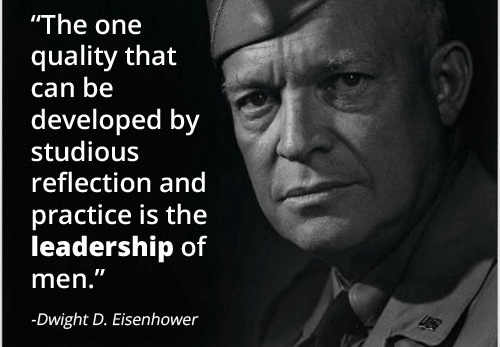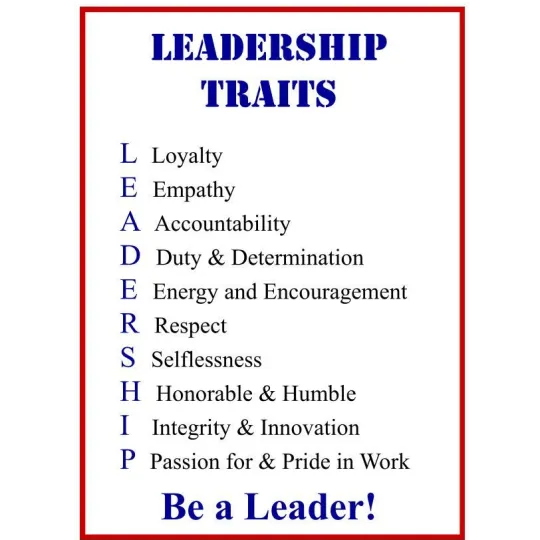Real-World Leadership:Lessons from the Military and Beyond
By:
David Rafus
On
18/08/2024Summary:
In the realm of leadership, theories and principles abound, but nothing quite compares to the lessons learned in real-world scenarios. Whether in the heat of battle or the hustle of everyday life, true leadership is forged through experience, resilience, and an unwavering commitment to those you lead.
1. Leading by Example
One of the most powerful aspects of real-world leadership is the ability to lead by example. In the military, leaders who earn the respect of their troops do so by demonstrating the values they expect from others. This principle applies universally. Whether you’re leading a team in a corporate setting or guiding a community initiative, showing rather than telling inspires those around you to follow suit.
3. Empathy and Understanding
Understanding the needs and perspectives of those you lead is essential. In high-pressure environments, leaders who take the time to listen and empathize foster trust and loyalty. This human connection not only boosts morale but also encourages open communication, leading to more cohesive and effective teams.

4. Courage and Decisiveness
Leadership in the real world demands courage and decisiveness. Making difficult decisions is part and parcel of the role, and leaders must be willing to take calculated risks. This doesn’t mean acting recklessly, but rather having the confidence to make informed decisions, even when the outcome is uncertain.
6. Integrity and Accountability
Integrity is the cornerstone of leadership. Leaders who hold themselves accountable and maintain transparency with their teams build a foundation of trust. This trust is vital for successful collaboration and achieving shared goals.

Conclusion:
Real-world leadership is not about holding a title or position; it’s about making a tangible impact through actions, decisions, and relationships. Whether on the battlefield or in the boardroom, the qualities that define great leaders remain constant—integrity, adaptability, empathy, courage, and a commitment to the growth of both themselves and those they lead.
Subscribe form
Unlock the secrets of effective leadership with our latest articles, tips, and exclusive content delivered straight to your inbox. Join our community of aspiring and seasoned leaders today!






